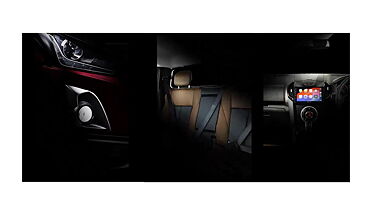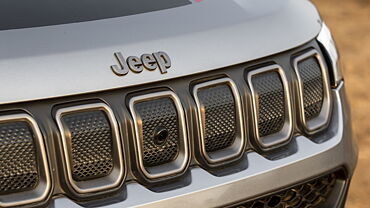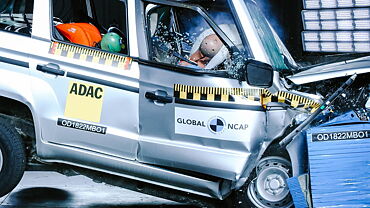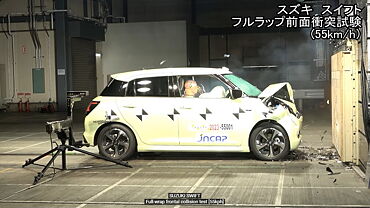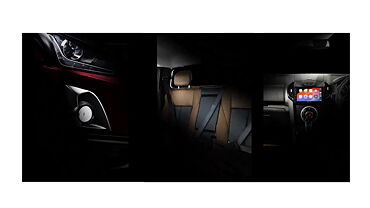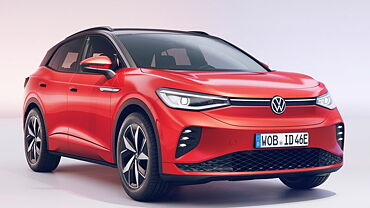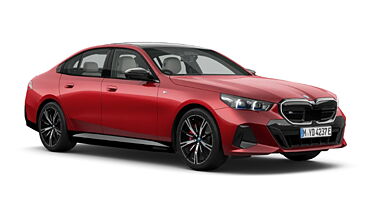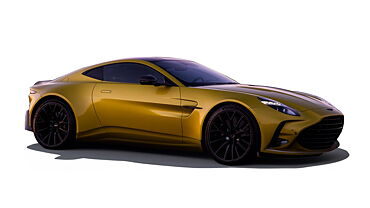Direct fuel injection is a fuel delivery system for internal combustion engines i.e. petrol and diesel. This technology enables the engines utilize fuel more efficiently that leads to more power, better fuel economy and lower emissions. It further improves vehicle’s performance and reduces maintenance cost. All diesel powertrains, usually, use direct fuel injection system, which have different designs and fuel combustion processes than the gasoline direct fuel injection systems.
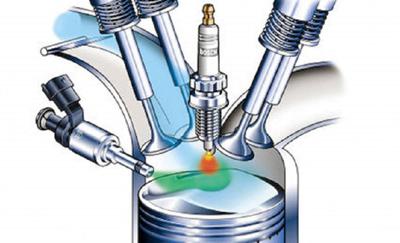
How it works?
The modern gasoline engines use a mixture of gasoline and cylinder air, compressed with a piston and burned with a spark, causing an explosion that pushes the piston downwards and generates power. While, the conventional (indirect) fuel injection system has a chamber, outside the intake manifold, that contains pre-mix of gasoline and air. The direct injection system doesn’t have pre-mixed gasoline and air. The gasoline is directly injected into the cylinder, while the air is taken through the intake manifold.
Advantages of direct fuel injection system
Power and fuel efficiency: Direct injection car engine delivers more power output and better fuel economy than the regular carburetor-based vehicles. For example, a 3.6-litre V6 engine with direct fuel injection system produces power of 304bhp with 371.4Nm torque, while the same powertrain with indirect injection system delivers 263bhp of power with 343Nm of torque. Similarly, the fuel economy of the direct injection based vehicles is 0.43kmpl higher, on both urban roads and highways, than the indirect engine.
Drivability and smooth operation: The fuel injection vehicles have direct and consistent fuel flow. It improves vehicle’s drivability and leads to smoother engine operations.
Emission performance: Carbon emissions of the direct fuel injected vehicles are relatively lower than the vehicles with carburetors.
Ability to accommodate alternative fuels: These vehicles are compatible to alternative fuels and fuels with additives.
Diagnostic capability: The technical problems of direct FI can be diagnosed with a computer diagnostic test, as it is controlled by the car’s computer.
Disadvantages direct fuel injection system
Noisy: The direct injection diesel engine can be noisier than the indirect one.
Blockage: These engines are more prone to blockages due to small injector nozzle holes.
Slower swirling at low engine speeds: Due to high turbulence, the direct FI engine swirls slow especially at low engine speed.
Expensive: The quality injector materials and components of direct injection engine are costlier than that of the indirect injection engine.
Complex: The technology and high-pressure fuel pumps involved in this system are very complex to operate, and require expertise for repair or maintenance.



